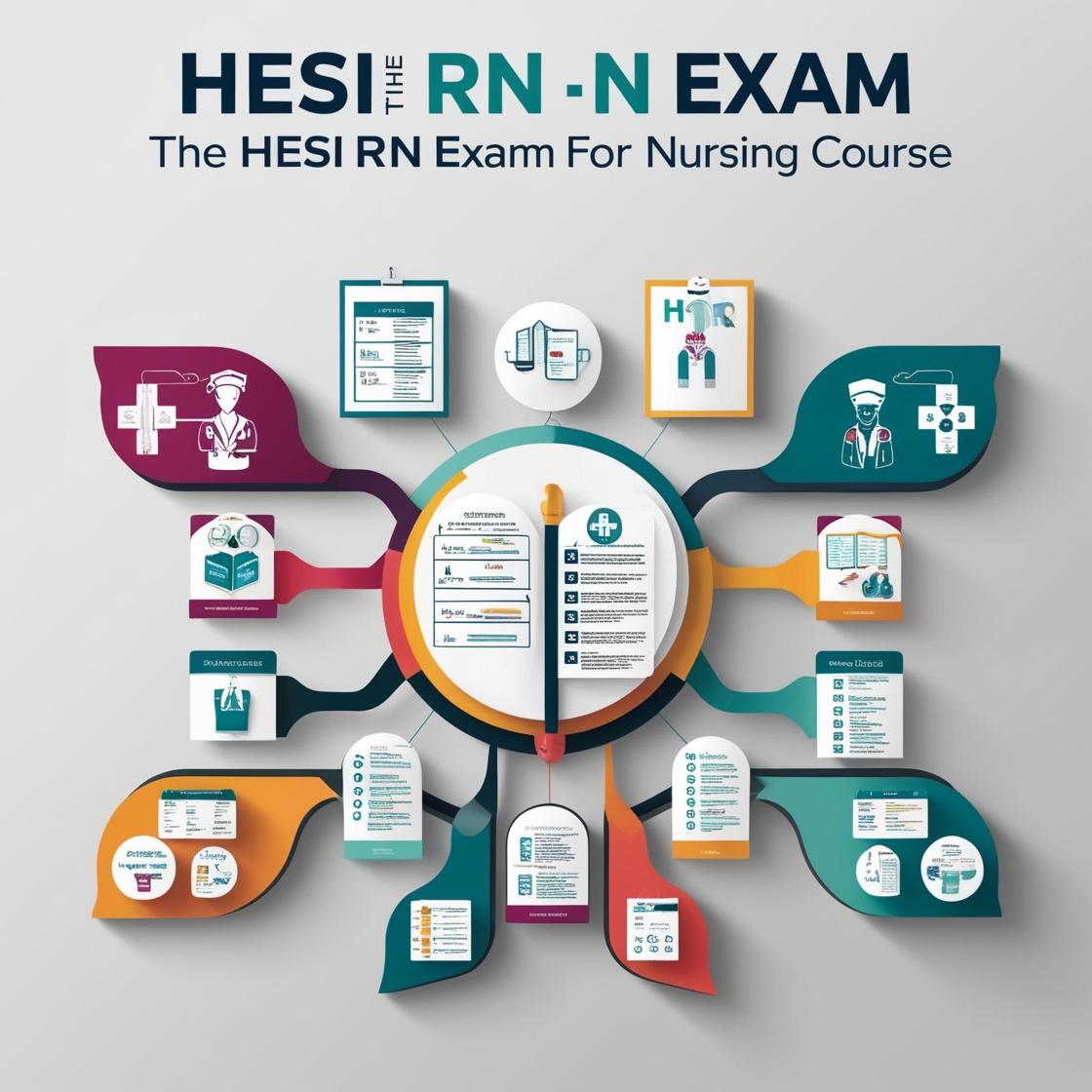HESI RN
Pharmacology HESI Quizlet
1. Mafenide acetate (Sulfamylon) is prescribed for a client with a burn injury. When applying the medication, the client complains of local discomfort and burning. Which of the following is the most appropriate nursing action?
- A. Notifying the registered nurse
- B. Discontinuing the medication
- C. Informing the client that this is normal
- D. Applying a thinner film than prescribed to the burn site
Correct answer: C
Rationale: The correct action is to inform the client that local discomfort and burning are normal reactions to Mafenide acetate. This medication is used to treat burns by reducing bacteria in avascular tissues. Discontinuing the medication or applying a thinner film than prescribed is not necessary or recommended in this situation.
2. The client has a PRN prescription for loperamide hydrochloride (Imodium). The nurse understands that this medication is used for which condition?
- A. Constipation
- B. Abdominal pain
- C. An episode of diarrhea
- D. Hematest-positive nasogastric tube drainage
Correct answer: C
Rationale: Loperamide hydrochloride (Imodium) is an antidiarrheal medication commonly used to manage episodes of diarrhea. It works by slowing down gut movement and reducing the frequency of bowel movements. Loperamide is not indicated for constipation, abdominal pain, or hematest-positive nasogastric tube drainage. It is specifically useful in acute and chronic diarrhea, such as in cases of inflammatory bowel disease, to help control symptoms and decrease fluid loss.
3. A client is being cared for by a nurse due to severe back pain, and codeine sulfate has been prescribed. Which of the following should the nurse include in the plan of care while the client is taking this medication?
- A. Restrict fluid intake.
- B. Monitor bowel activity.
- C. Monitor for hypertension.
- D. Monitor peripheral pulses.
Correct answer: B
Rationale: When a client is prescribed codeine sulfate, it is essential to monitor bowel activity because this medication can lead to constipation. Therefore, monitoring bowel function is crucial to prevent or manage any potential gastrointestinal issues that may arise.
4. A client with hypertension is prescribed losartan (Cozaar). Which instruction should the nurse include in the teaching plan?
- A. Avoid foods high in potassium.
- B. Take the medication with grapefruit juice.
- C. Monitor blood pressure weekly.
- D. Report any swelling of the lips or face.
Correct answer: D
Rationale: The correct instruction for a client prescribed losartan (Cozaar) is to report any swelling of the lips or face. Losartan can cause angioedema, which is a serious side effect that requires immediate medical attention. Clients do not need to avoid potassium-rich foods unless specifically instructed by their healthcare provider. Taking the medication with grapefruit juice is not recommended as it can interact with certain medications. Additionally, monitoring blood pressure regularly is important, but it should not be limited to a weekly basis; blood pressure should be monitored as per the healthcare provider's recommendation.
5. The healthcare provider is applying a topical corticosteroid to a client with eczema. The healthcare provider should monitor for the potential of increased systemic absorption of the medication if the medication were being applied to which of the following body areas?
- A. Back
- B. Axilla
- C. Soles of the feet
- D. Palms of the hands
Correct answer: B
Rationale: The axilla has thinner skin, making it more permeable to topical medications. Areas with thinner skin, like the axilla, allow for higher systemic absorption of topical corticosteroids.
Similar Questions

Access More Features
HESI RN Basic
$69.99/ 30 days
- 50,000 Questions with answers
- All HESI courses Coverage
- 30 days access @ $69.99
HESI RN Premium
$149.99/ 90 days
- 50,000 Questions with answers
- All HESI courses Coverage
- 30 days access @ $149.99
